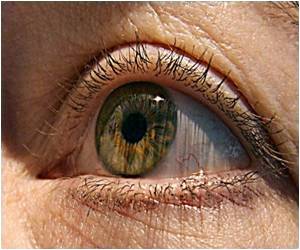
Diabetic retinopathy is a common complication of diabetes. It occurs when high blood sugar levels damage the cells in the retina and, if not treated, can lead to blindness. In all but some cases diabetic retinopathy has a typically slow rate of progression and can take years to develop.
The research team developed a model that simulated the progression of retinopathy in type 2 diabetes and related screening, in order to predict the rates of retinopathy-related sight loss. The model used data from the Royal Devon & Exeter NHS Foundation Trust in the South West of the UK and the research team generated comparative 15-year forecasts to assess the differences between current screening policies and those proposed by the findings of the study.
The study concluded that it is safe to screen type 2 diabetes patients who have not been diagnosed with retinopathy every two years rather than annually, because the research team found that the proportion of patients who develop retinopathy-related sight loss was no different between the two screening intervals.
Proposed savings for the Royal Devon & Exeter Hospital, for which 3,537 of the patients it screens for retinopathy fell into the remit of this study, would be a reduction in costs from £1.83m a year to £1.36m. The study predicts savings of around 25 per cent based on standard assumptions of screening costs.
According to Diabetes UK, some 2.8m people in the UK have diabetes and 10 per cent of them are diagnosed with retinopathy.
Advertisement
The study was led by Dr. Daniel Chalk, Associate Research Fellow in Applied Operational Research, Peninsula Collaboration for Health, Operational Research and Development (PenCHORD), PCMD. He said: "This is not the first study to investigate screening for diabetic retinopathy, but it is the first to focus on the group of type 2 diabetics who have not yet been diagnosed for the condition. Diabetic retinopathy typically develops at a very slow pace, and as a consequence we wanted to identify whether or not there was any merit in reducing the frequency of screening from annually to every two years."
Advertisement
Source-Eurekalert















